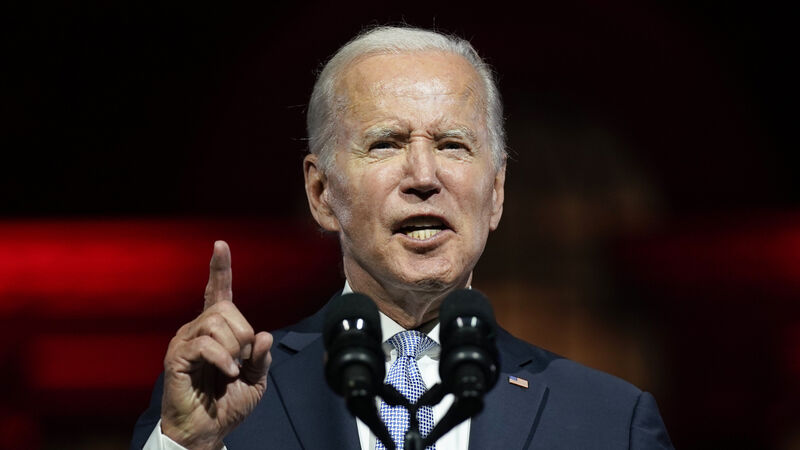Terry Prone: Biden takes a stand against MAGA extremist threat to US democracy

When US President Joe Biden makes his first major speech warning about a threat to democracy, the expectation would be that Fox News would rubbish it and CNN would not; CNN wouldn’t necessarily praise the speech, but they’d take it seriously.












